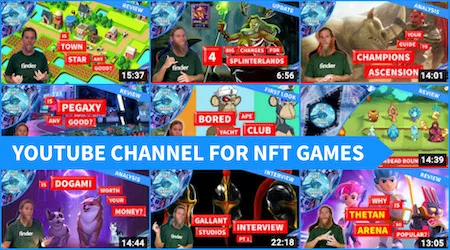
Whether traditional gamers like it or not, non-fungible tokens (NFTs) will impact major consoles and video game franchises in the future. The question is, will your favourite developer or publisher play a role in their adoption? Perhaps they may ignore NFT games and the play-to-earn (P2E) phenomenon but still utilise blockchain technology in some way.
In a series of articles that examine where each AAA game developer, publisher and console manufacturer stands on NFTs and blockchain technology, I'm going to answer these questions and more. This article focuses on Electronic Arts, also known as EA and EA Sports. The company has been one of the biggest third-party publishers and developers for 4 decades.
Where does EA stand on NFTs and blockchain technology? Read on to find out. And make sure you also read our Epic Games, Square Enix, Nintendo, Ubisoft, Sega and Microsoft NFT guides.
What role does Electronic Arts play in gaming?
With a market cap of US$39 billion, Electronic Arts is a behemoth with huge power and influence in the gaming industry. Founded back in 1982, it originally cut its teeth as a publisher, bringing us series such as The Bard's Tale, Marble Madness, Populous, Wing Commander, Theme Park and Boulder Dash.
While it has always maintained a role as a publisher, it has also become a revered developer in its own right. And it has actively acquired some of the best talents in the industry. As a result, some of the biggest-selling franchises in gaming history are EA products: Need for Speed, Battlefield, Star Wars: Battlefront, Mass Effect, Crysis, Bejeweled, Mirror's Edge, SSX, Dead Space, It Takes Two and Command & Conquer, to name but a few.

EA also lays claim to a host of titles that are extremely well-suited to NFTs. Its blockbuster sports portfolio includes FIFA, Madden, NHL, UFC, Fight Night, PGA and NBA Live. The humungous business the company does with its Ultimate Team modes, where players collect cards that are NFTs in all but utility, is already fit-for-purpose.
You can add multiplayer shooters such as Battlefield, Titanfall and Apex Legends into that mix as well, alongside NFT game-friendly genre titles such as The Sims, SimCity and Plants vs Zombies.
EA's role in the games industry will continue to be significant moving forward. Its sport titles will continue to sell tens of millions of copies every year. And having recently acquired BioWare (Mass Effect, Dragon Age, Anthem) and Codemasters (Dirt, Grid, F1, Micro Machines), its portfolio is only set to increase.
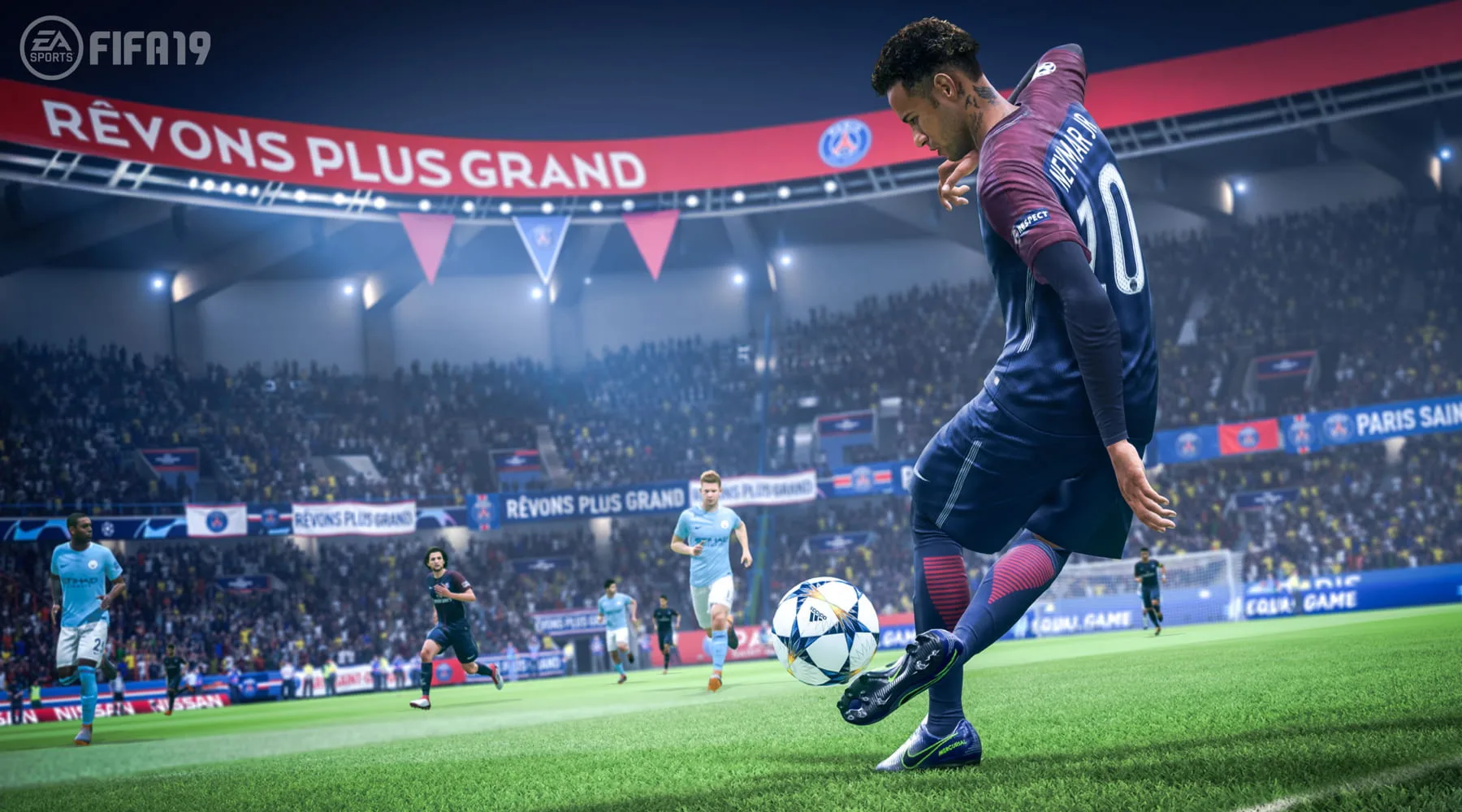
EA blockchain development
It was in August 2021 that EA first started getting serious with a push into the blockchain and NFT gaming space. At least publicly. It began with a number of job postings seeking to hire experts in blockchain technology and Electronic Arts NFTs development. This included senior director and software engineering roles, as well as one in strategic growth.
It's important to note that not all of these roles were fully focused on blockchain and NFTs, although EA did reference them as part of the job expectations.
What's interesting is that around this time, a number of EA executives left the company to pursue opportunities in blockchain technology. Notably, this included EA head of product for mobile games John Osvald in June 2021. He left to join huge blockchain games publisher Gala Games. EA Mobile VP Chris Akhavan followed Osvald in October 2021 and left for NFT game deployment platform Forte.
Why was EA hiring staff for blockchain game development while losing executives to the same industry?

EA NFT games
When the notion of NFTs and blockchain technology started to gain some momentum, EA initially showed a lot of interest. It was the company's opinion that the industry was going to move towards NFTs and P2E games. In November 2021, CEO Andrew Wilson went as far as to call NFTs "the future of our industry". Indeed, the full quote points to EA identifying – as Ubisoft had – that NFT gamers were an untapped audience it can bring into its fold.
"Anything that brings more people in and engages those people for more time is a good thing. I think that is the very foundation of our live services. I think the play-to-earn or the NFT conversation is still really, really early. And there's a lot of conversation and hype about it. I do think it will be an important part of the future of our industry on a go-forward basis."
Wilson went on to suggest that the sport game franchises, notably the Ultimate Team component, were where the company would focus its efforts.
"I think that in the context of the games we create and the live services we offer, collectible digital content is going to play a meaningful part in our future. So, it's still too early to tell, but I think we're in a really good position, and we should expect us to kind of think more innovatively and creatively about that on a go-forward basis."
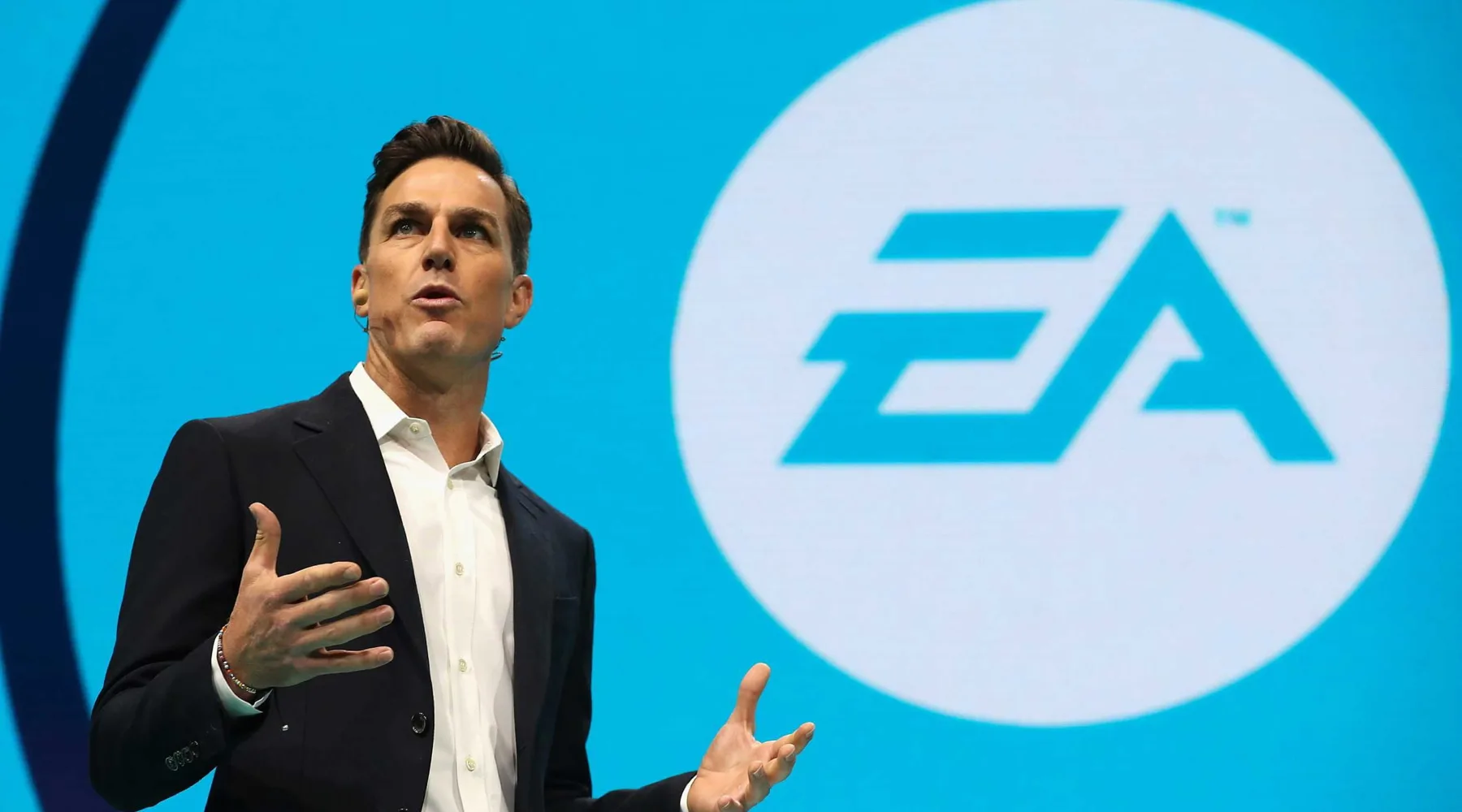
Softening Electronic Arts NFT stance, or does it?
Yet, that public positively was about to take a sharp U-turn. A leak from internal Slack conversations between staff and Andrew Wilson in December 2021 indicated that not everyone in the company was on board with an Electronic Arts NFTs vision. Wilson reportedly sided with his staff on environmental concerns and avoiding speculative markets within in-game economies.
This occurred shortly after Ubisoft went live with its Quartz NFT platform. The backlash from traditional gamers was volcanic. But when our interview with Ubisoft went viral in January 2022, surrounded by negative media and gamer commentary, many companies tried to distance themselves from the discussion. As such, Wilson changed his tune.
In February 2022, Wilson cooled his heels, saying EA would "evaluate NFTs over time". He went on to further clarify his comments around digital collectibles being so important to EA's business model in the future:
"Collectability is really built on 4 key metrics. That's around high-quality content, scarcity, proof of authenticity and a group of people that find value in that content. Collectability will continue to be an important part of our industry and the games and the experiences that we offer our players. Whether that's part of NFTs and the blockchain, well, that remains to be seen. Right now, it's not something that we're driving hard towards."
EA messaging seems to differ depending on the audience. To investors, it's pro-NFT, but to gamers, it's a position of NFT scepticism. It's a position that makes sense in the post-Quartz environment.
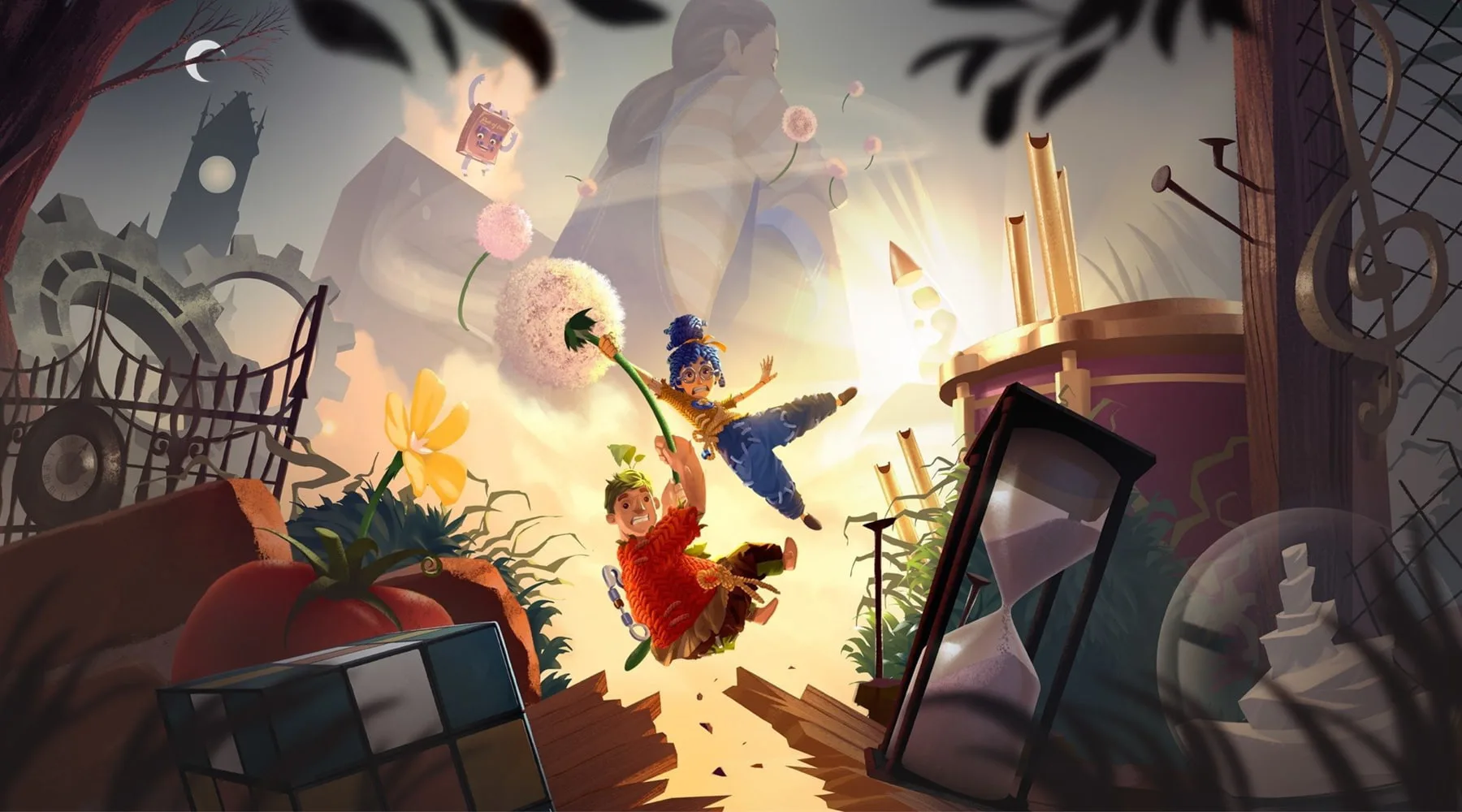
FIFA and Algorand blockchain
As of 2023, the FIFA brand is being retired from the EA Sports portfolio after decades of partnership. This fallout was reportedly due to the rising cost of that licence. However, both brands will continue to release games in the future.
EA Sports FC will be the new name of the game we've known and loved for generations. FIFA has stated it intends to develop its own video games in the future. With this in mind, it's interesting to note that in May 2022, FIFA signed a partnership with up-and-coming green blockchain solution Algorand.
The official statement from FIFA alongside this announcement didn't point to its use in the upcoming game directly. The closest is a line. "As part of the agreement, Algorand will assist FIFA in further developing its digital assets strategy." This could relate to anything. But the timing is certainly interesting. One partnership goes as another is formed.
FIFA may look to release a football game that incorporates NFTs and blockchain in an enjoyable, added-value way. Would that force EA's hand to do the same?
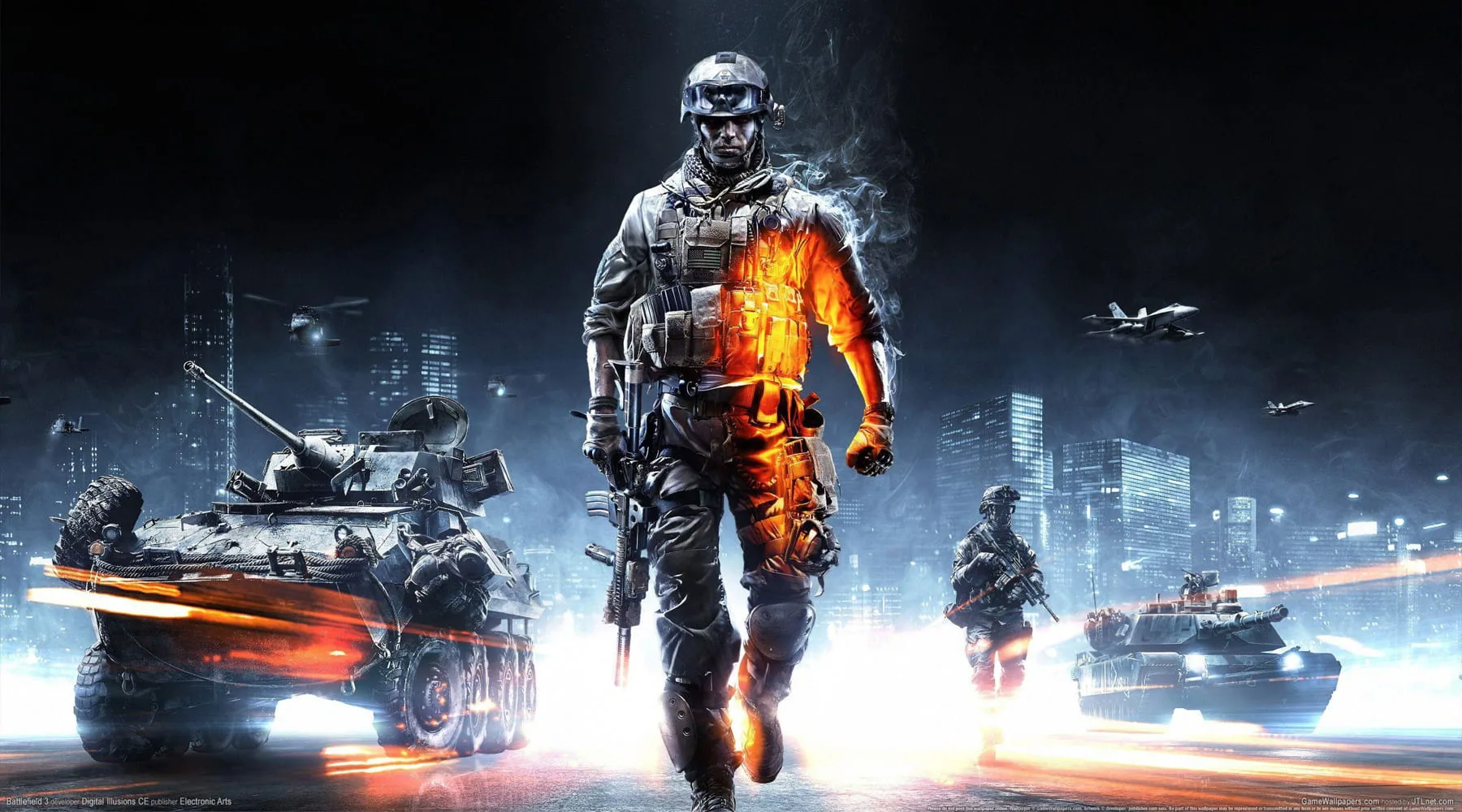
Metaverse and NFTs turn up in EA Sports FIFA 2022 tournament
In May 2022, the EA Sports FIFA 22 Champions Cup in Qatar featured both NFTs and a metaverse component. It would seem that the initiative was driven by the organisers, Ooredoo Nation – Gamers' Land. As such, it's unclear what involvement FIFA and EA Sports had in it if any. Do such things require the approval of both stakeholders?
Free NFTs were offered to viewers who tuned in to the tournament broadcast. Owning one of these NFTs then unlocked the ability to get merchandise. It also put you in the draw to meet the players and influencers involved with the tournament.
A metaverse component was also advertised. This was more a virtual hub experience where players and viewers could be in a space together, socialising. It was a basic interpretation of the concept, but potentially a first step towards bigger things to come, especially as Qatar will host the FIFAe World Cup.
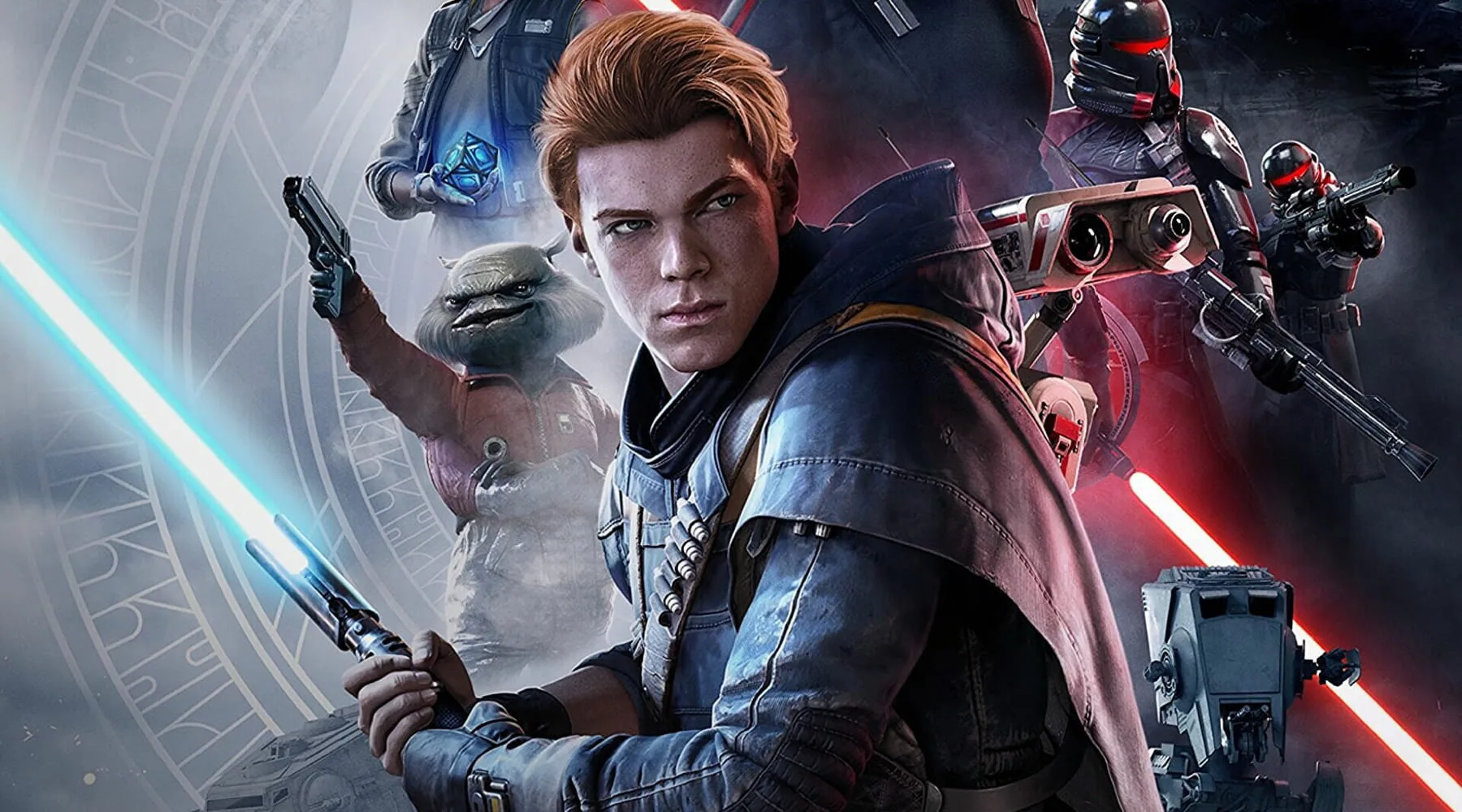
Future of EA metaverse and NFTs
You can pretty much ignore anything being said by EA to gamers currently about its plans regarding NFTs, P2E and blockchain. What was said to investors is the far more likely outcome. And that was that EA sees NFTs as the future of its extraordinarily lucrative Ultimate Team collectibles. I'd even wager that how to handle the implementation of Ultimate Team on the blockchain played a role in the FIFA/EA split. At least in terms of who got what from the revenue.
EA has also frequently proven that it's happy to pursue unpopular monetisation strategies regardless of gamer sentiment. It's one of the few companies to actually argue for loot boxes. Plus, its aggressive microtransaction strategies have literally killed blockbuster games dead in the past.
But that's all speculation. The only thing that seems clear at the moment is that EA wants the dust to settle on Quartz before it does anything around Electronic Arts NFTs and an EA metaverse. And fair enough too.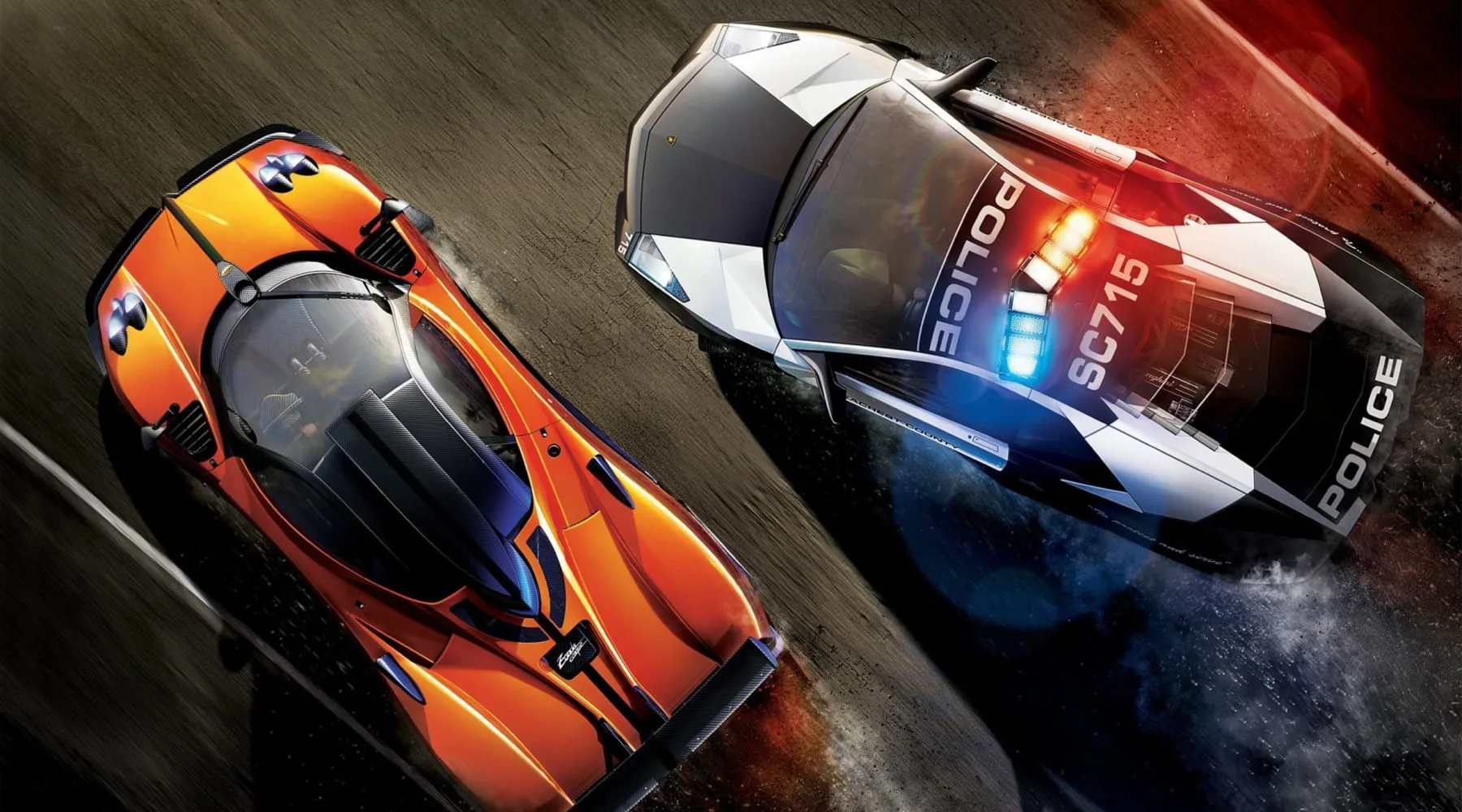
Ask a question
More guides on Finder
-
What are cross-chain NFTs?
Need to put an NFT on another blockchain? Here’s how.
-
How to make money in the metaverse
Learn how you can bank in on the metaverse hype or carve out a career in this expansive virtual space.
-
How to sell NFTs in Australia
How to sell NFTs in 4 steps.
-
How to mint an NFT
Step-by-step guide on minting an NFT.
-
How to join the metaverse
Learn about different types of metaverses and what you’ll need to join one.
-
Champions Ascension guide: A P2E NFT action-RPG by Jam City
What we know so far about the upcoming NFT-based blockchain game, Champions Ascension
-
How to play Decentraland
Learn how to play with one of the largest cryptocurrency metaverses in the world.
-
NFT statistics reports for 2022
The definitive ranking of the NFT adoption across 26 countries.
-
How and where to buy NFTs
Read our step-by-step guide to buying NFTs, including what you need to get started and which marketplaces you can use in Australia.
-
How to make an NFT
Creating an NFT is easier than you might think. Here are 5 steps to make an NFT, and other details you should know.

